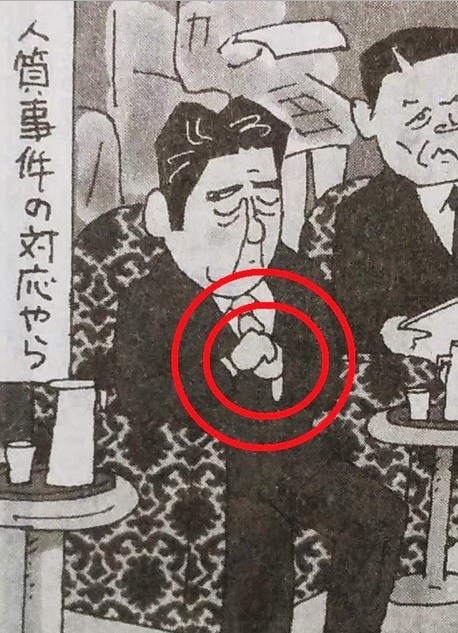Responding to the Syrian refugee crisis worldwide. Abe of Japan writes a check.
Nancy Snow writes: Last year, 5,000 people applied for refugee status in Japan. 11 were accepted.
Japan is a strong target for refugee criticism because of its modest engagement in social media and global communications. Typically, it doesn’t proactively make its case to the world, largely allowing the international press and the Twitterverse to frame its issues for it.
The Washington Post article, comparing the refugee response of Europe with Japan’s closed doors, quotes heavily from Twitter messages that argue for opening the doors to refugees in Japan.
Accepting refugees to Japan is not unprecedented, just very limited. Between 1978 and 2005, Japan accepted over 11,000 Indo-Chinese refugees fleeing the Vietnam conflict. Japan was the first Asian country in 2010 to participate in the United Nations High Commissioner for Refugees’ resettlement program, a pilot program to bring 90 Myanmar refugees from Thailand over the course of three years.
Where Japan shines is in providing assistance as a leading humanitarian nation. It is a top official development assistance (ODA) country, just below the United States, United Kingdom and Germany. International aid ostensibly greatly improves the lives of refugees. But because Japan is not a top host nation for refugees, it is vulnerable to critical global media stories singling it out as a rich country that takes in the least refugees. In contrast, Germany is celebrated for opening arms wide to take in up to half a million refugees. Germany may be facing incredible burdens from this population infusion, but its liberal refugee policy blowback may take years.
Germany was the Cinderella of the refugee crisis and Japan the Evil Stepmother before Abe’s address to the United Nations on Sept. 29. Abe announced a tripling of the budget from last year to $810 million in assistance to refugees and internally displaced people in Syria and Iraq.
The refugee criticism of Japan risked threatening an image that Japanese leaders have attempted to cultivate in developing nation brand Japan as a compassionate leader in the world. One of Japan’s most honored citizens, Madame Sadako Ogata, high commissioner of the U.N.’s refugee agency for a decade (1991-2000), remains one of the country’s most honored citizens. At age 88, she remains president of the Japan International Cooperation Agency, a Tokyo-based developmental organization that works to alleviate poverty, as one mission.
The focus on Syria may also carry with it a bitter memory for many Japanese. This past January, Abe announced a $100 million donation to help the countries of the Middle East fighting Islamic State inside their borders. Within a few days, Muslim militants with IS beheaded Kenji Goto, a journalist, and Haruna Yukawa, the Japanese hostage that Goto had gone to Syria to attempt to rescue.
Abe’s tripling of humanitarian assistance for refugees and internally displaced people in the Middle East is notable.

